Experiential Marketing: How to measure ROI
In today's ever-evolving marketing landscape, the need to quantify the success of marketing tactics is not just a luxury; it's a necessity. This is particularly true for experiential marketing campaigns, where the impact can be profound yet challenging to measure. Understanding the Return on Investment (ROI) of these campaigns is crucial for brands to optimize their marketing investment and strategy.
Experiential Marketing: An Overview
Experiential marketing, also known as engagement marketing, transcends traditional advertising by creating hands-on, immersive experiences that engage and influence consumers. Participatory brand activations are usually conducted as in person events, but can also include digital extensions or robust online experiences. Research has shown that effective brand experiences increase consumer purchase intent and build lasting emotional bonds between customers and brands. Experiential marketing creates a unique and memorable moment that resonates on an authentic level with target consumers.
Measuring ROI: Challenges and Strategies
Measuring ROI in experiential marketing can be challenging due to its qualitative nature. However, it's essential to quantify the impact of experiential campaigns to justify investments and guide future strategies. Here are a few tips to get started:
Define Success Metrics: Clearly define what success looks like for your campaign, whether it's lead generation, social media engagement, impressions, media hits or direct sales.
Use Experiential Marketing KPIs: Measure awareness and interest before the event and track metrics across customer touchpoints and communication channels.
Create a Measurement Dashboard: Develop a dashboard with marketing metrics that align with your sales goals, including foot traffic, social media mentions, or conversion rates.
Leverage Technology: Utilize technology like lead capture software, mobile device attendance, RFID tracking, social media analytics, and customer feedback tools to gather data.
Post-Event Analysis: Conduct a thorough analysis after the event to assess its impact and compare the results against your predefined success metrics.
Cost-Benefit Analysis: Evaluate the costs involved in the campaign against the benefits gained, whether in terms of revenue, brand awareness, or customer loyalty. This is often referred to as Return on Engagement (ROE)
Experiential Marketing ROI is Evolving
Experiential marketing is poised to evolve in exciting ways. New technologies open the door to new types of experiences and methods to track success. Here are a few key trends happening right now that are shaping the future of experiential marketing ROI.
Hybrid / Phygital Events: Combining physical and digital experiences, hybrid events offer new ways to measure engagement and ROI, providing a comprehensive view of consumer interactions.
Data-Driven Insights: The use of data analytics and AI will become more prevalent, offering precise insights into consumer behavior and more accurate ROI measurement.
Personalization: Tailoring experiences to individual preferences will require sophisticated measurement tools, allowing for a more nuanced understanding of ROI.
Immersive Technologies: Technologies like VR and AR will offer new metrics for ROI analysis, providing deeper insights into consumer engagement and experience quality.
Sustainability: Sustainable and eco-friendly initiatives will focus on long-term brand value and reputation, offering new dimensions for ROI measurement.
Conclusion
Measuring ROI for experiential marketing campaigns is a complex yet essential process. By embracing these strategies and keeping an eye on future trends, businesses can optimize their experiential marketing efforts and achieve meaningful results. Understanding and analyzing the ROI of your experiential marketing campaigns is a crucial step in enhancing and optimizing your marketing strategies.
Looking for more ways to optimize experiential marketing ROI? We invite you to reach out to explore customized insights and solutions. Please contact us here.

